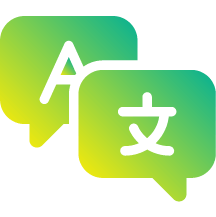Voice Dialogue: The Many Selves Inside Us
Jungian Psychology
Course Description
This program is ideal if you want to be able to
Course overview
What you will receive





ABout the teachers
j. tamar stone
Scholarships
We here at Jung Platform want to make these programs available to anyone. If you would love to participate yet can’t pay for the full course, then please send us an email at scholarships@jungplatform.com and describe why you feel you qualify for a scholarship, how much you can pay, and what you will do to help the Jung Platform promote this and other programs.


